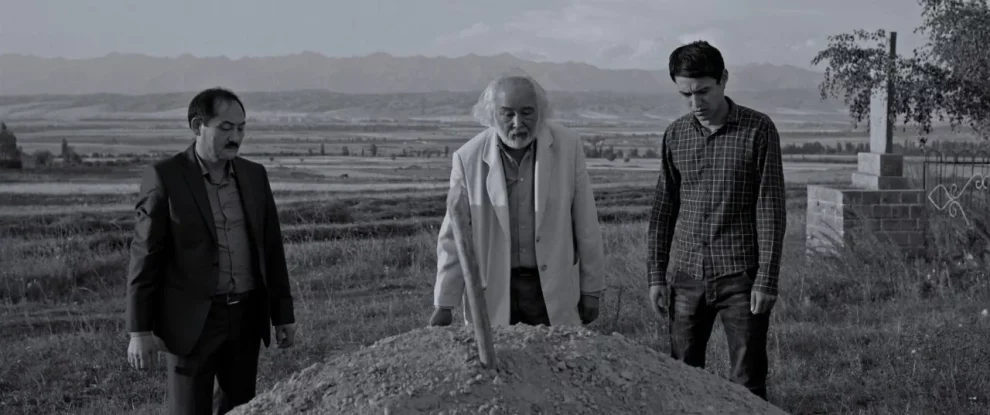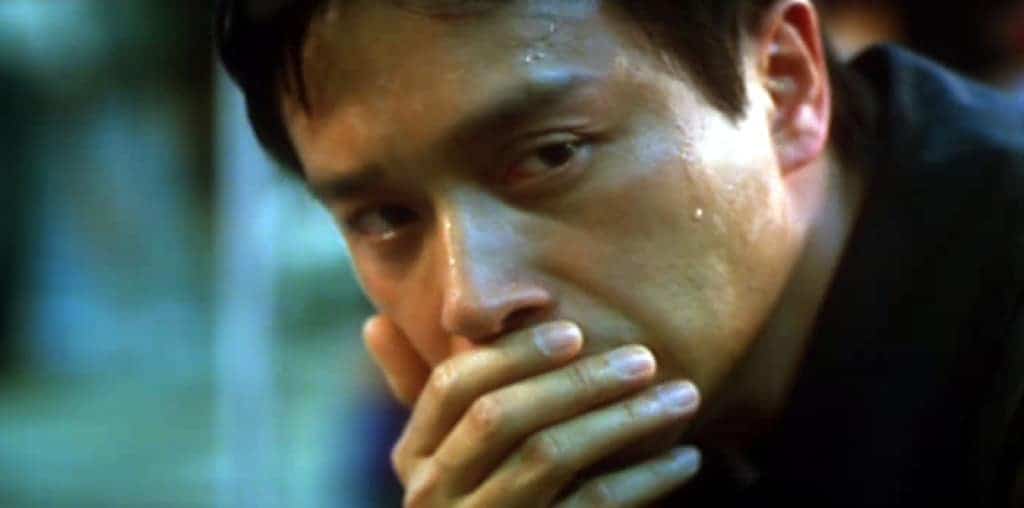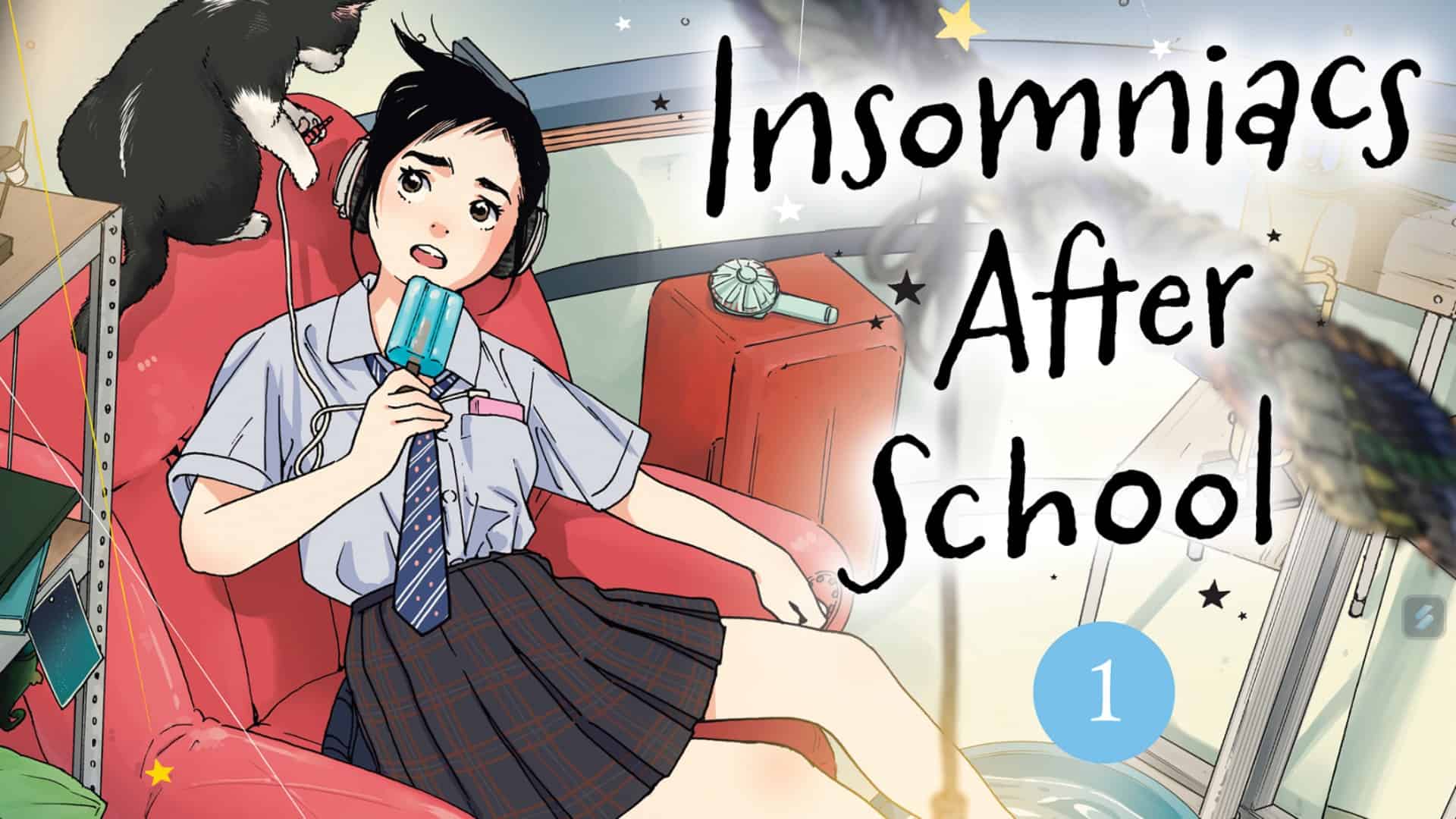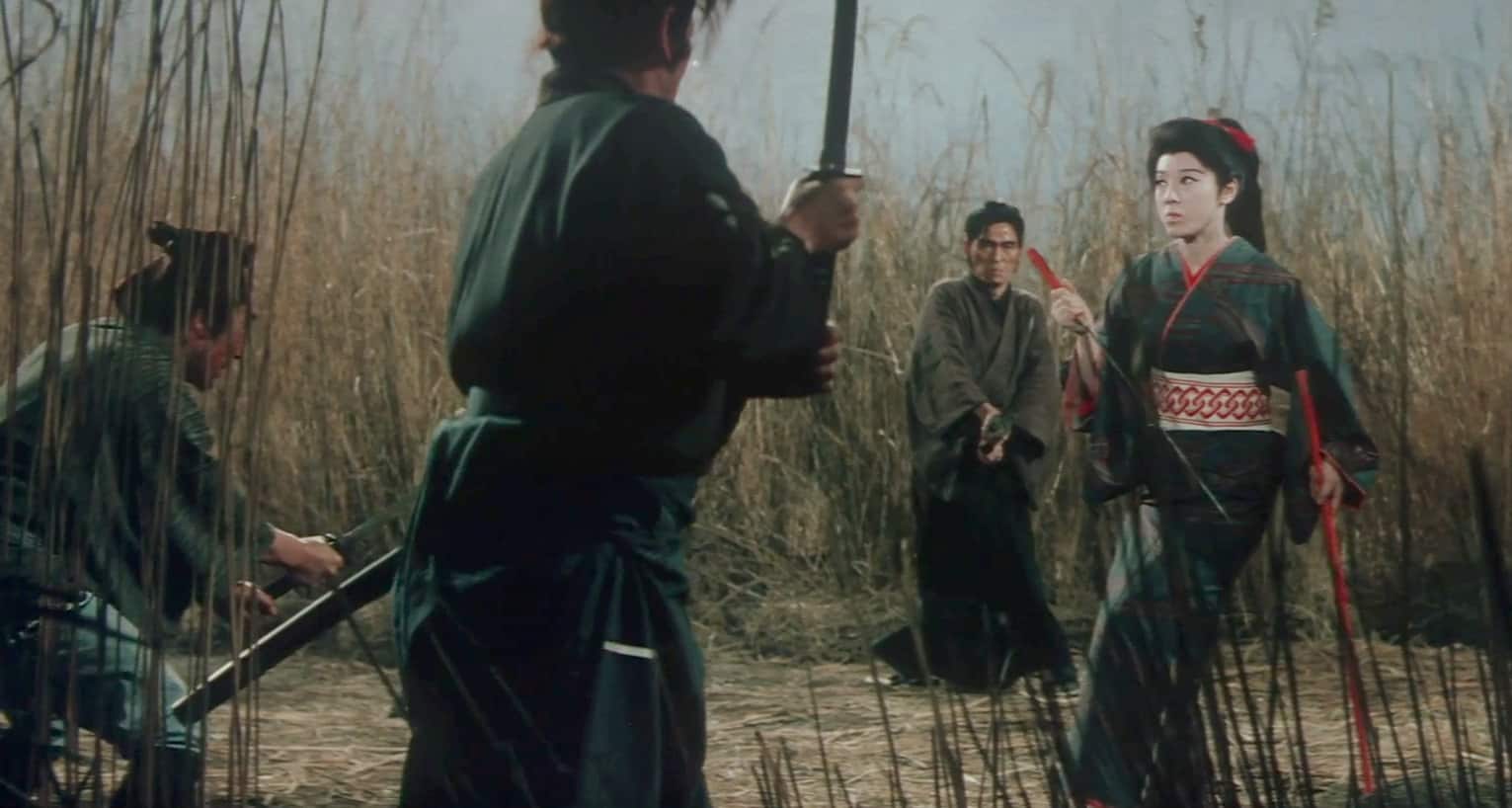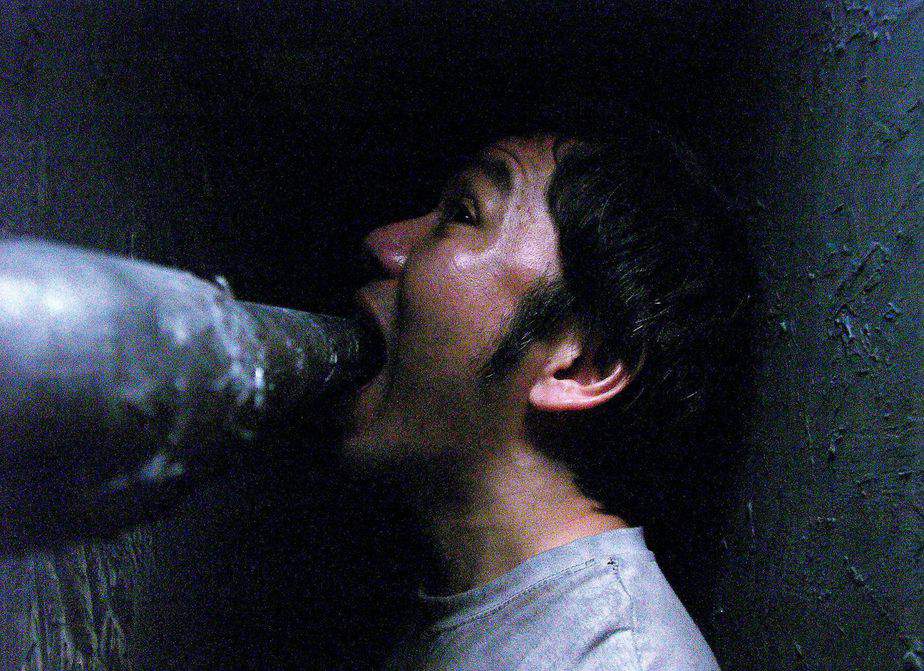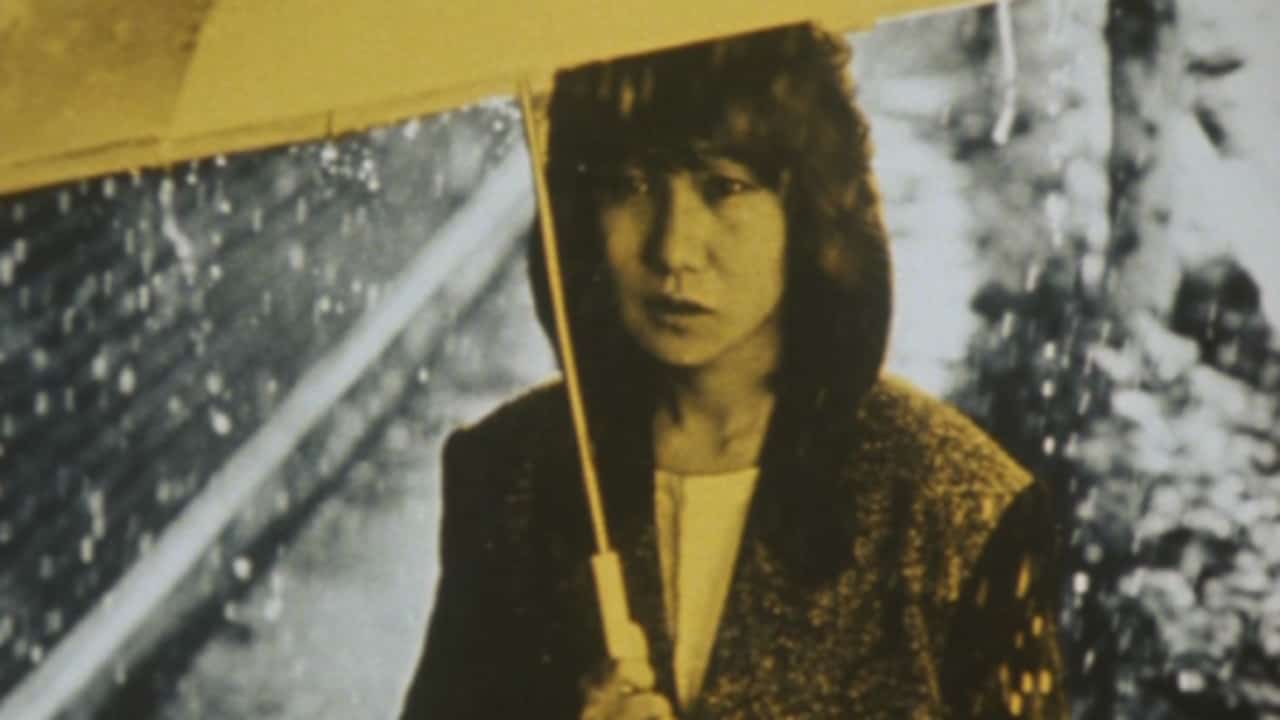One of the joys of world cinema is that it opens your eyes to places and people that you might otherwise have never encountered. In an age where we can be connected to anyone at any time in any place, it's surprisingly easy to still overlook films from smaller countries. Fortunately, through festivals like the All Asian Independent Film Festival, hidden gems such as “The Road to Eden” have less chance of flying under the radar. Directed by Bakyt Mukul and Dastan Zhapar Uulu, the film is a beautiful ode to Kyrgyzstan and to the country's lost traditions.
“The Road to Eden” Screened at the All Asian Independent Film Festival

Kubat Aliev (Marat Alyshpaev) lives a solitary existence pining for a life that is no longer possible. The ageing author hopes to pass on his romanticism for national heritage to his protégé, Sapar (Busurman Odurakaev), who is battling with a potentially fatal illness. After deciding to sell his home in a bid to raise money for Sapar's healthcare, Kubat is faced with a dilemma as his nephew, Tilek (Bakyt Mukul), finds himself in financial turmoil. Torn between his heart and his head, Kubat encounters heartache and betrayal as he tries to find his place in a world that is rapidly leaving him behind.
At its heart, “The Road to Eden” is about the slow death of a lost culture. Kubat's books tell tales of old, with war heroes returning to their yurts – a traditional round tent – to die in a dignified manner. These stories mean that the elderly author is something of a celebrity amongst his peers, though remains entirely unknown to younger generations. Kubat hopes that Sapar can continue to chronicle Kyrgyzstan's cultural heritage much like he does so that it doesn't fade from the national consciousness. However, the younger author's seemingly terminal illness, along with Kubat's own ailing health, hints that losing sight of these traditions is somewhat inevitable.

Sapar embodies much of what Kubat values most. His children are polite, respectful, and educated; his wife is good-natured and humble; he lives with his family in a modest home but does not let poverty get in the way of upholding his morals. His character is in stark contrast to that of Tilek, Kubat's nephew, who seems to place material wealth above all else, despite the discomfort and ruin it has brought to both him and his family. There's no real familial connection between Tilek and his spoiled children, a relationship that is extended to Kubat when he visits the family home. For all intents and purposes, Tilek represents the new national identity, or at least what his uncle fears it is becoming. An identity that places the material of the spiritual, which Kubat not-so-subtly spells out towards the backend of the film.
Things aren't all bad for Kubat, as he encounters some bright patches on his journey. During a stint living in a retirement home, the author lets out a rare grin when surrounded by peers who are singing traditional songs. It is only when Kubat is faced with the realities of modern life that he finds himself consistently disappointed and let down, not in the least by the despicable Tilek.
Kubat's struggles within the city only make his eventual trip to his childhood village all the more wonderful. Travelling by car through the mountainous landscape, the author finds much of what he's been lacking in the modern world, at least spiritually. One spectacular sequence mid-way into the final act is overwhelming in both its presentation and emotion and proves to be a moment of extreme beauty and catharsis.
One thing for sure is the beauty with which “The Road to Eden” is presented. Shot in black and white, co-director Uulu's cinematography paints a bleak picture of Kubat's life through the film's intense visuals. The majority of the movie takes place in the claustrophobic city, where it feels as though the walls are closing in on Kubat. This is in stark contrast to the gorgeous open plains captured later in the film, the scope of which is jaw-dropping. There's depth to many of the shots, with frames within frames drawing you deeper into Kubat's surroundings. These visuals are complemented by a sad yet soothing score from Balasagyn Musaev that is used sparingly for maximum effect.
“The Road to Eden” is a prime example of how cinema can welcome you into the world of another and find a way to touch your heart. A brilliant leading performance from Marat Alyshpaev and some truly stunning visuals are just a couple of reasons why Bakyt Mukul and Dastan Zhapar Uulu's touching film, about cherishing traditions, is worth your time.


